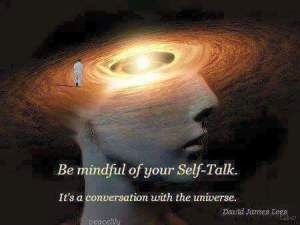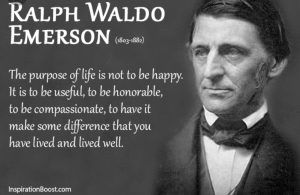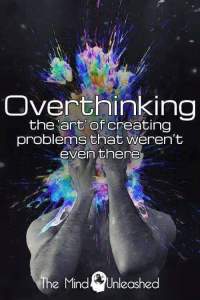
“Catalyst of Unhealthy Guilt”
It is often said that forgiveness is a healing process, healing within itself is for those who seek it. Forgiveness can be the ultimate sacrifice one does to alleviate pains of sorrow. A sorrow so deep at times it can feel unbearable until one can release this pain.
Then there is another kind of forgiveness that we sometimes seek that can drive a wedge between those we love. The “unhealthy guilt” , sometimes called “Irrational guilt”, where we mistakenly take on unhealthy guilt because the pain can feel horrendous. Pain that can be misplaced where one can only assume this to be true if we didn’t recognize the difference.
[In other terms this can be best described as “Irrational guilt” that leads to “doubts about oneself” and “irrational shame” that is displaced. Hallmark features for Anxiety and OCD.]
The catalyst of unhealthy guilt; the straw that broke the camel’s back…
Before we go further one must ask themselves,
· Why am I seeking forgiveness?
· What do I wish to gain when asking for forgiveness?
· What action do I wish to receive from someone else in return?
· When does asking for forgiveness become too much?

The healing of our own emotions can only be done through first healing ourselves.
This is especially true if you have carried the burdens of unhealthy guilt. But many similar emotions we feel can lead to unhealthy guilt if one suffers from grief or loss, anxiety, depression, etc. But grieving a loss does not necessarily mean the death of a love one.
There are many factors in life where one may grieve and most often related to unresolved emotions steaming from circumstances beyond control.
Where we feel this lack of control in our lives may become the hindering compulsive action we seek externally. Like any reactions, unhealthy guilt can feed into the notion that what we are feeling or what we might be saying to ourselves must be true.
The catalyst of an unhealthy guilt can lead to years of chaos in our lives if we do not seek the underline source of our emotions.
Unhealthy guilt leads like an addiction and spreads like wildfire through the trees and plains that have become out of control.

Perhaps there were times one found themselves apologizing over-and-over asking for forgiveness believing past circumstances warranted this to be factual right down to the core of one’s conscience state of mind.
In many stages of unhealthy forgiveness or irrational thinking one may convinces themselves at times to being repetitive in nature to sorrows and notions within thought. Perhaps one may become consumed by the “what ifs” in thoughts of sorrows, unhealthy guilt and/or self-doubts.
This combo is like mixing magnesium sulfate and carbonated beverages. Sooner or later it will explode.
[Most importantly, sometimes thoughts serve no other purpose than to simply be thoughts.]

There comes a time in a person life that one may need to reexamine the situation and ask themselves “why is it that I feel so compelled to seek forgiveness?”
People generally don’t like to live in past tense and at times this pattern of behavior can hinder one’s ability to move forward into a healthier state of mind.

Is it possible for one to misinterpret such compelling words by repeating the same thing to such great overabundance?
Absolutely, this can happen for several different reasons. Communication can drive a wedge when we misunderstand our own thoughts process. At times repeating actions or obsessively thinking, ruminating or having pressurized thinking to reassure patterns of behavior.
Obsessive or irrational thoughts/actions can drive a person away like salt on open wounds; the instability of irrational guilt’s, leaving feelings of hopeless about situations.
This kind of repetitive behavior often creates problems by stirring up emotions that may carry very little value because why else would we ruminate such things that make us miserable.

However just like an addiction, unhealthy guilt can become an unhealthy behavior. There have been many discoveries through science and psychology where proven the pathways to our brains can change when we change our actions. This is especially true to changing behaviors. Like any addiction or habit the changes start within.
As many addictions and mental health situations, they are not always circumstantial, nor do them fade without changes we make within ourselves but rather things may become much more manageable as time passes.
But only through time can we see these changes as they accrue.
Most often great changes can take years to accomplish as we begin recognize what it is we are trying to change. The same is true for unhealthy guilt.

You cannot make up for lost time, nor can a person change what has already been done. The only thing we have in our lives where we can maintain control are our own emotions, thoughts and our own actions. Healthier choices will lead us down a path of willingness to maintain control of our destiny.
It’s those choices we make now, currently in plain view that where we may come to embrace our future. Like any kind of addiction, unhealthy guilt comes with emotional pain; where there is uncertainty there is fear and fear can be a powerful motivator.
Time doesn’t stand still for anyone and neither should you. When we learn to let go unhealthy, irrational guilt, the chain may become undone and one may no longer be hindered by the inability to move forward but rather we gain insight.
Marsha Beede




You must be logged in to post a comment.